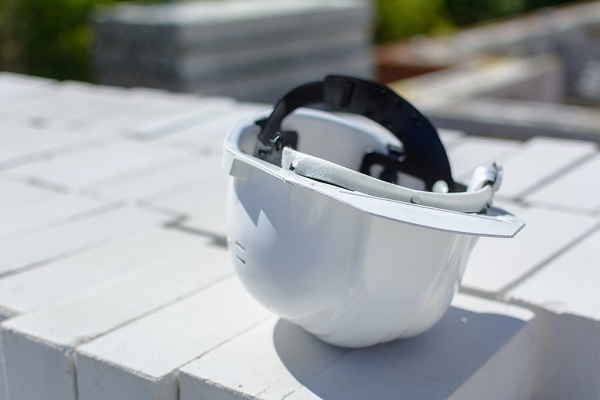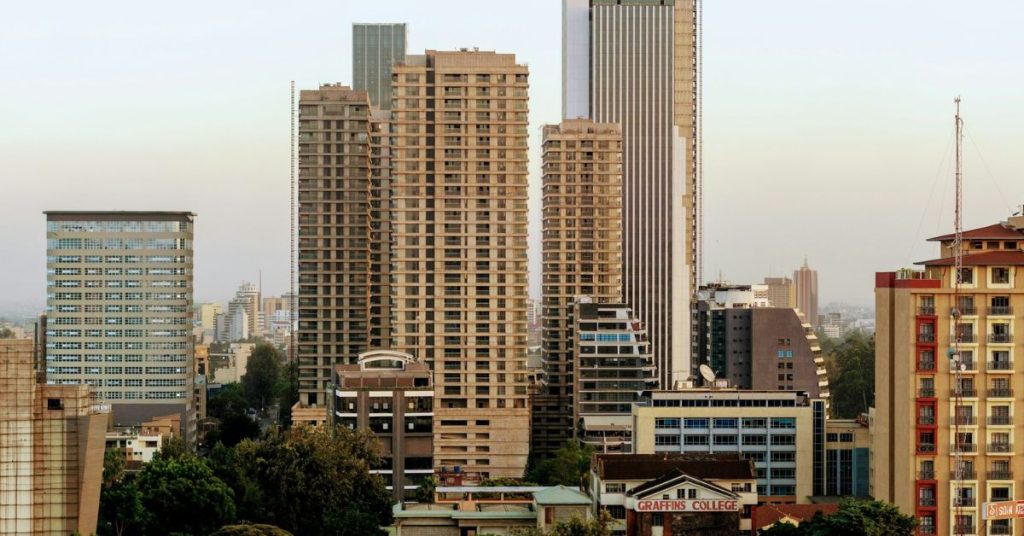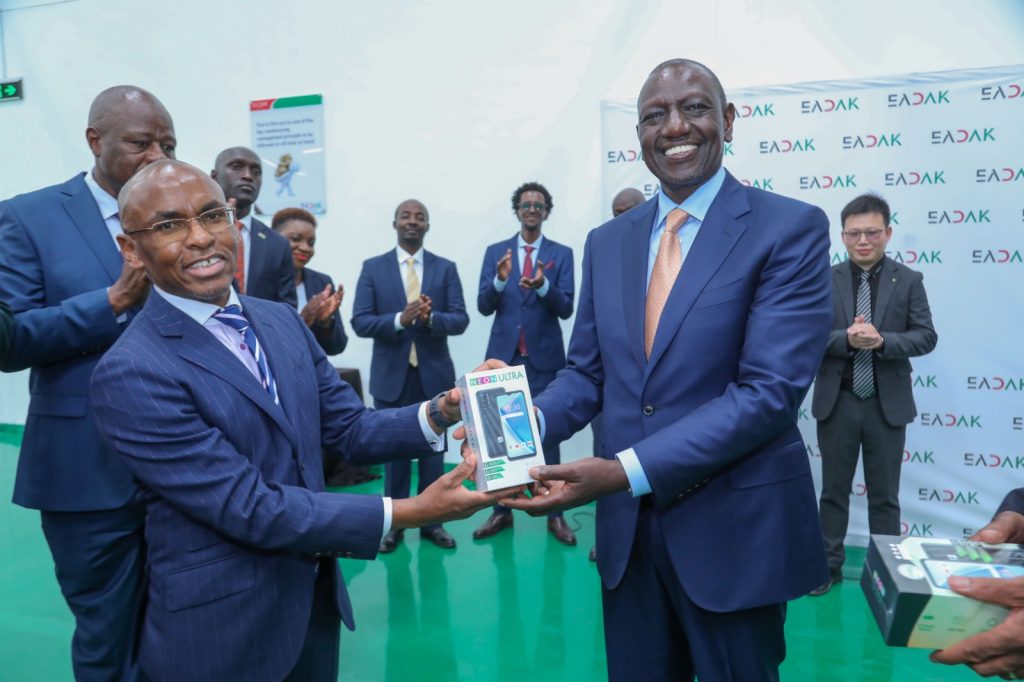If you didn’t get the memo, my bad. Here it is – it’s axing season in the Nigerian tech scene.
First, about two weeks ago, it was being whispered across the interwebs that Jumia sent 300 people away. Then about two days later, iROKO had 130 people laid off. The most recent to partake in the mass layoff exercise is Dealdey.
Usually, when companies downsize (or as sneaky PR people now put it, “rightsize”), it could be a sign of two things – the company is in danger OR the company is self correcting/recalibrating.
I’m going to safely ignore the first option because, these three startups have been able to carve a place for themselves in the ecosystem, they’ve secured major VC money in the last two years and from what I’ve seen, they’re still in the safe zone.
So, let’s talk about this recalibration business. Naturally, startups have milestones, timeframes, projections and so on. One of the things you have to be on the lookout for when you secure VC money is burn rate. If you’re going through your funding faster than you’re hitting those milestones, it’s just a matter of time before your accountants start sending you code-red emails. “Oga, we need to recalibrate this business or else, we won’t have any money left.”
Basically, when the accountants start calling the CEO about the burn rate, the first place he’ll probably look at is HR. Like my boss says, HR is a startup’s largest cost center. Fire people, burn rate goes down.
If you take a quick look at the Nigerian market, it’s easy to guesstimate that a lot of startups will currently have high burn rates.
So far, 2015 has been the worst year for the Naira which hit an all time low in August (N235 to the dollar). As at August, the inflation rate was at 9.2%, and crude oil price was selling at $54.76 per barrel. Even at that price point, the oil is not selling as well as it used to. In short, 2015 has been a sucky year for the Nigerian economy. Which sort of dampens the African investment utopia which a lot of people have either promoted or bought into.
The larger portion of investment and funding that has been made in 2014/2015 has been mostly from investors and VCs re-investing in startups they’ve already backed in the past. The goal is to ensure these ventures don’t die (and all that VC money goes to waste). That kind of scenario is enough reason for startups to start re-calibrating.
Personally, I think it’s good the self correction is happening now than later. For some companies, by the time they realise it, it’s sometimes too late. I won’t be surprised to see even more layoffs before the end of the year (for once, I don’t mind being wrong though).
Photo Credit: Jess Aerons via Compfight cc











